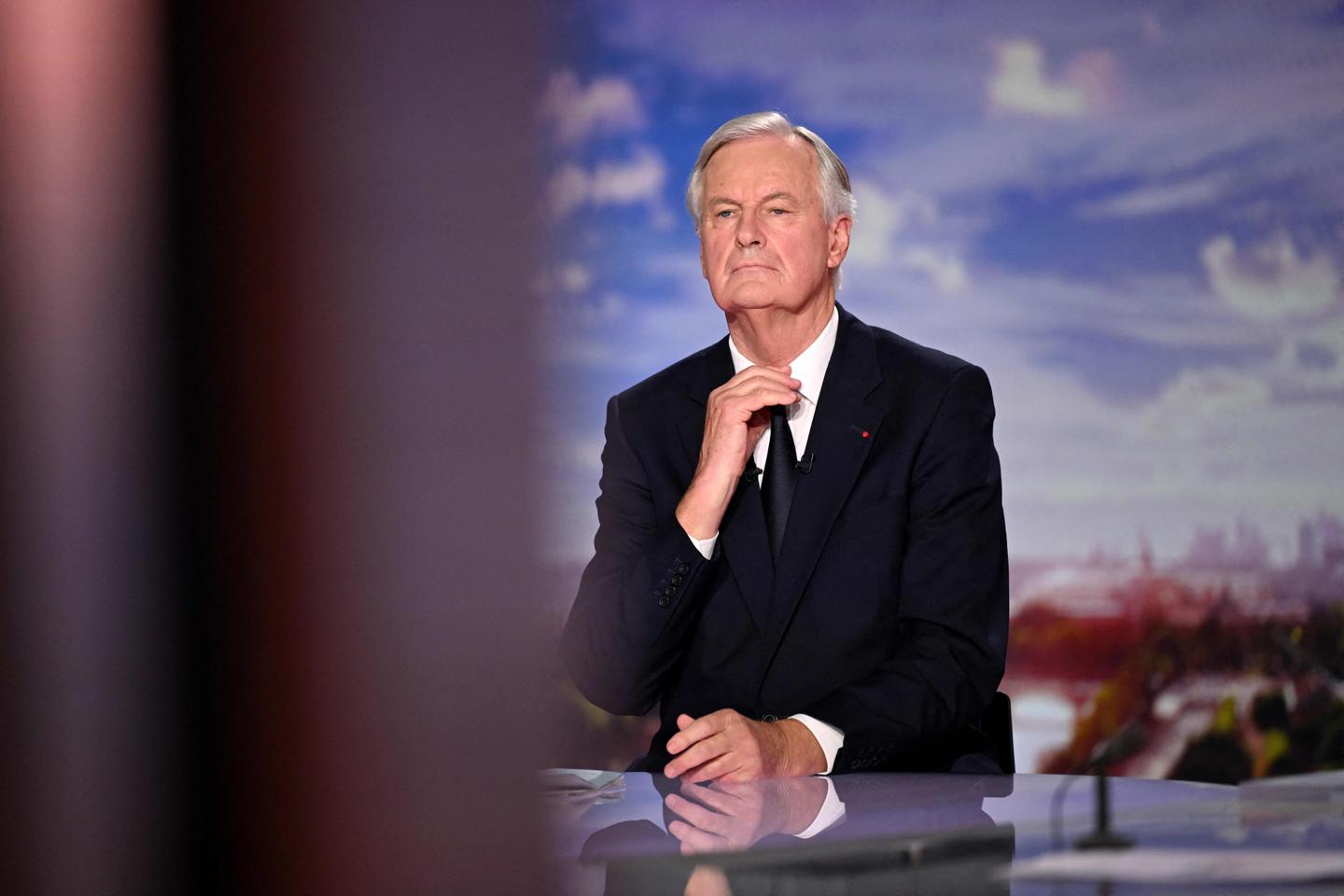


After 11 weeks of political paralysis, Prime Minister Michel Barnier's government emerged on Saturday, September 21, with great difficulty and without any fanfare – for good reason. Born of an alliance between Emmanuel Macron's bloc and the Les Républicains (LR, right) party, the new government, which has been tasked with salvaging what can be recovered from the disastrous June 9 dissolution, is both bloated and unbalanced.
It clearly leans very much to the right, all without guaranteeing any kind of stability, as it still relies on the support of a minority of MPs in the Assemblée Nationale, and has, from the outset, been accused of having flouted the election results.
The appointment of Bruno Retailleau, a representative of the Catholic and conservative right, as interior minister; and of Laurence Garnier, an opponent of same-sex marriage and the constitutionalization of abortion, as junior consumer affairs minister, are symbolic of this worrying shift. The reappointment of seven outgoing members of a defeated government, including Sébastien Lecornu and Rachida Dati, defies the laws of governmental change and the need for cohabitation, the term used in French when the president and the prime minister are from different political camps.
The unending negotiations that went into setting up the new team reveal the bitter battle for influence between Macron, who has been weakened by the dissolution, and Barnier, who is searching for parliamentary legitimacy. The two heads of France's executive branch are trying to put together a joint modus operandi, which would lie somewhere between the "cohabitation" LR has claimed and the "demanding coexistence" put forward by the president.
The parties are making a comeback. They have literally surrounded the new prime minister to negotiate their influence. The right has pushed hard for security portfolios, while Macron's supporters and their allies have maintained their influence on the economy, social affairs and education ministries. The president of the Republic's "reserved domain" was upheld, but Barnier was given direct authority over the ministers responsible for the budget, French overseas territories and European affairs.
Slap in the face
In the absence of a formal coalition pact, the new government is bound only by a few vague, surface-level commitments. It remains at the mercy of party leaders who have all chosen to stay out of the government, highlighting how fragile the structure is.
The political message it sends runs counter to the hopes for change that were raised during the parliamentary election campaign. Defeated by the dissolution, Macron's coalition has staked its survival on an alliance with another loser, LR, thus defying the republican front that had helped boost the left-wing Nouveau Front Populaire alliance to come out on top after the second round of the elections. Only the former socialist Didier Migaud, who was promoted to justice minister, has accepted to take part in the government, rendering the goal of a broad coalition, which the president had put forward, obsolete.
The extent of the slap in the face leveled at the civic reflex, which, in July, led a large majority of voters to push back against the risk of a far-right takeover, is, above all, highlighted by one damning observation: The new government is at the mercy of the far-right Rassemblement National (RN) party, which will be able to raise the stakes on immigration at will.
The deep democratic malaise engendered by this situation overshadows the many burning issues facing Barnier. Paradoxically, it is the serious nature of these issues that may give him some hope of having a little time to operate before being toppled. Regardless of their party affiliations, none of the contenders for the 2027 presidential election has any interest in seeing the country suddenly collapse. This is also the measure of the depth of the French political crisis.
